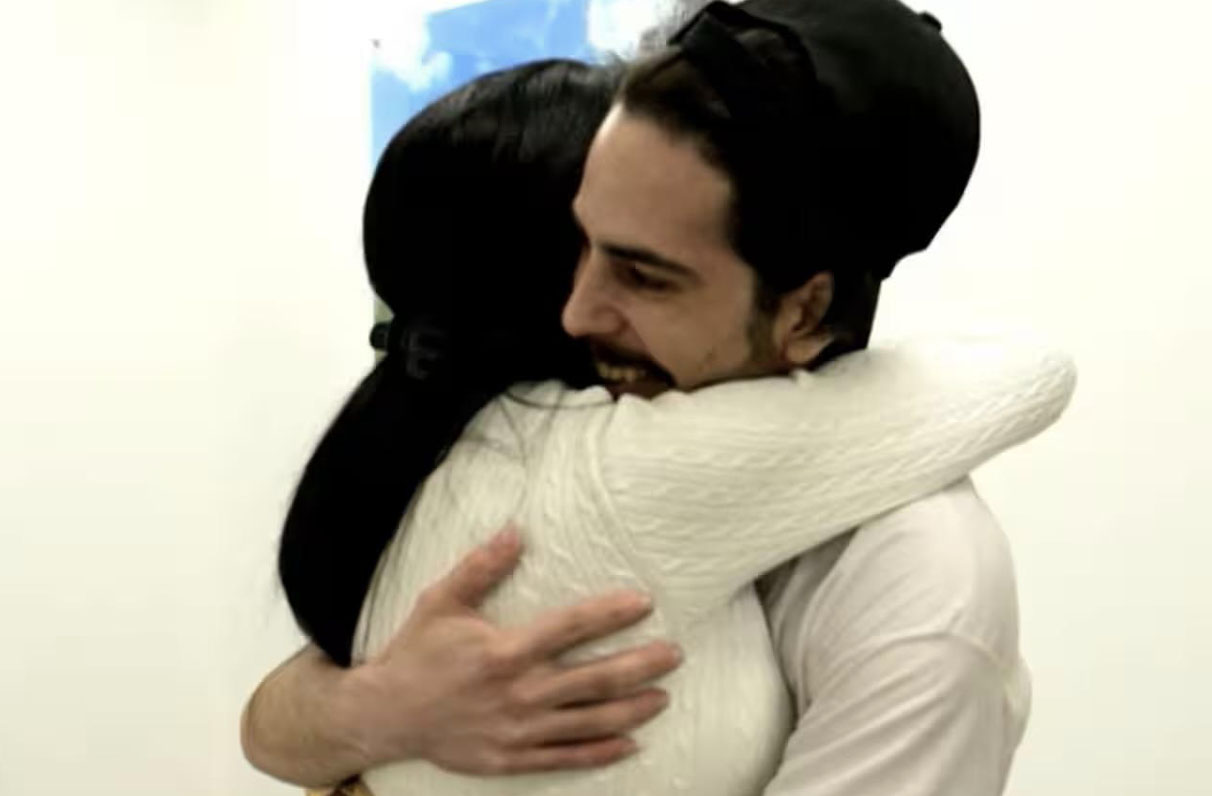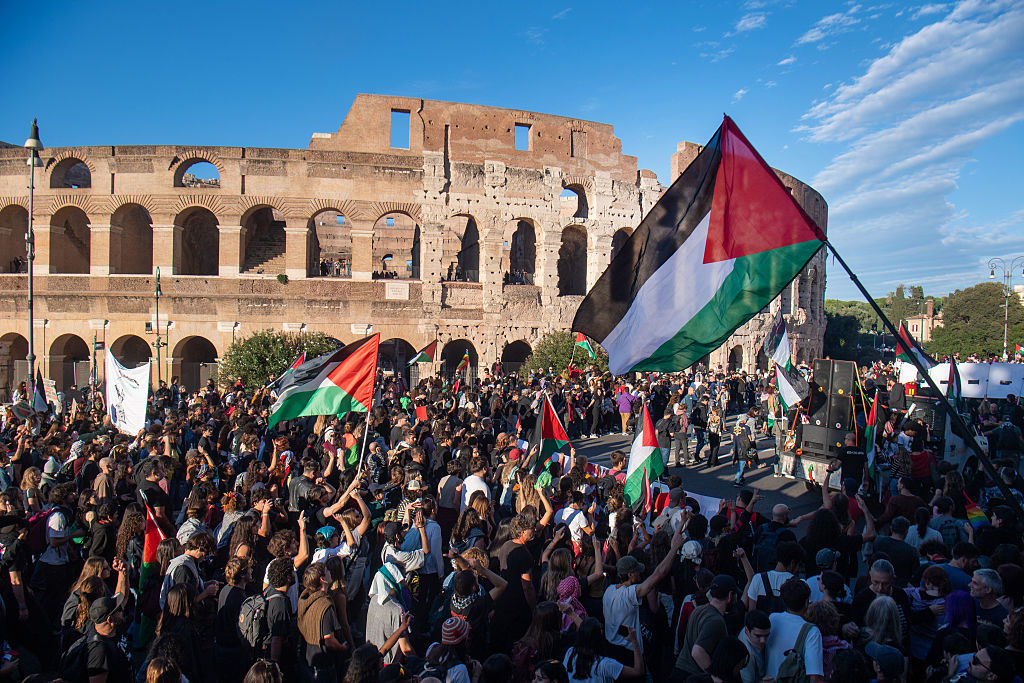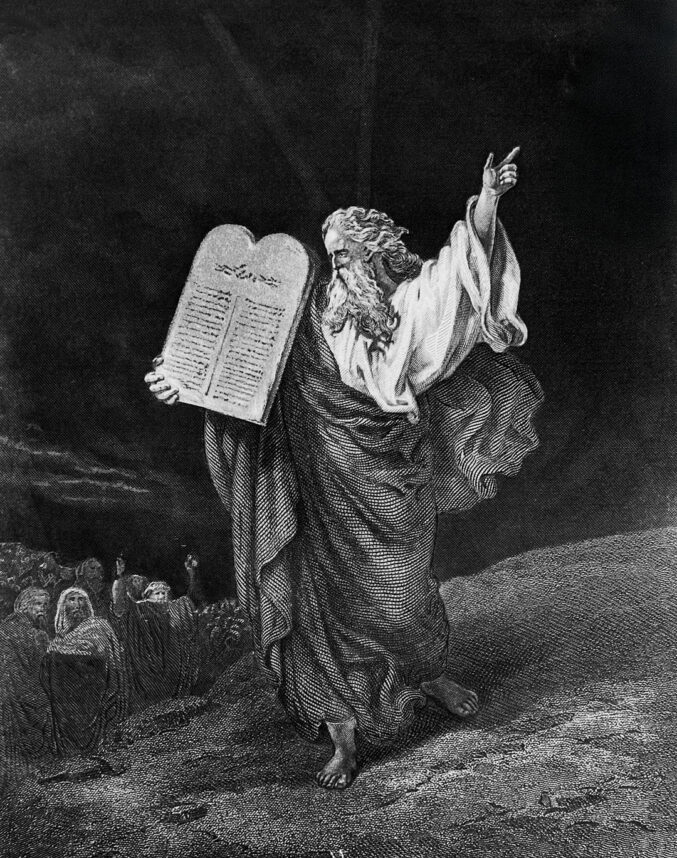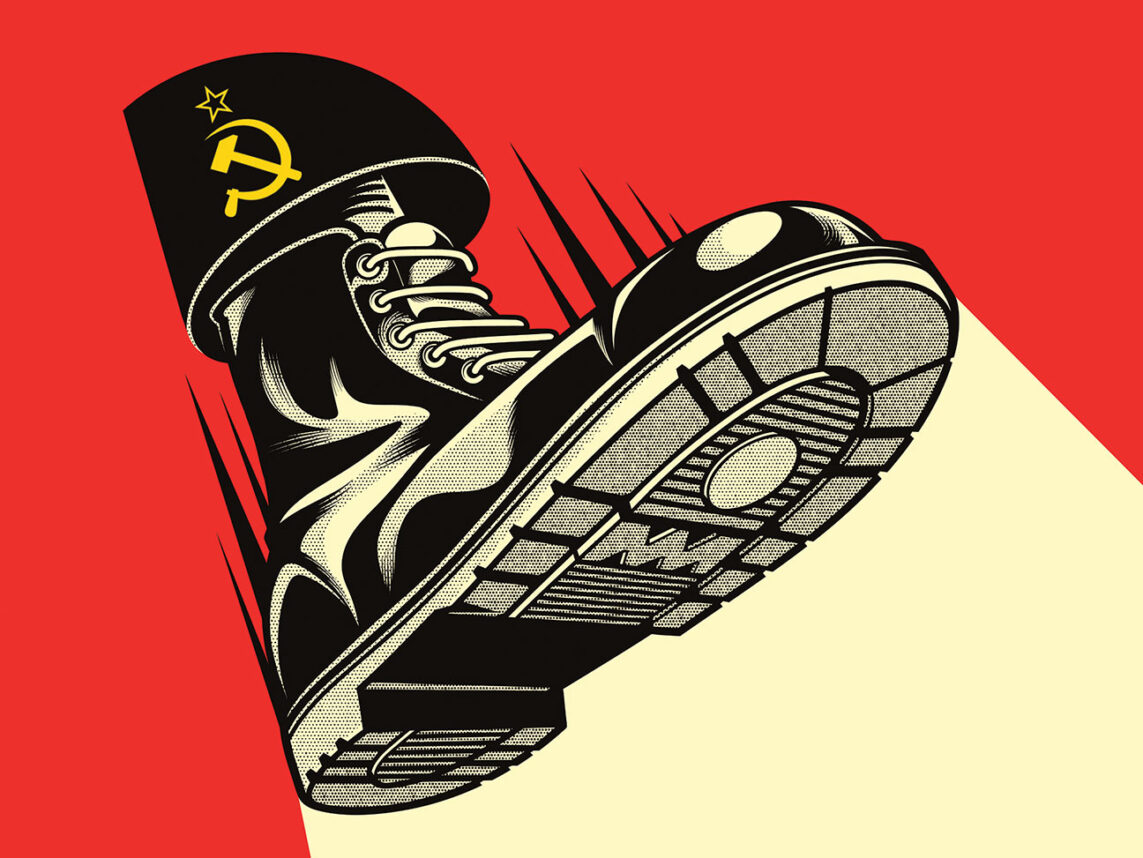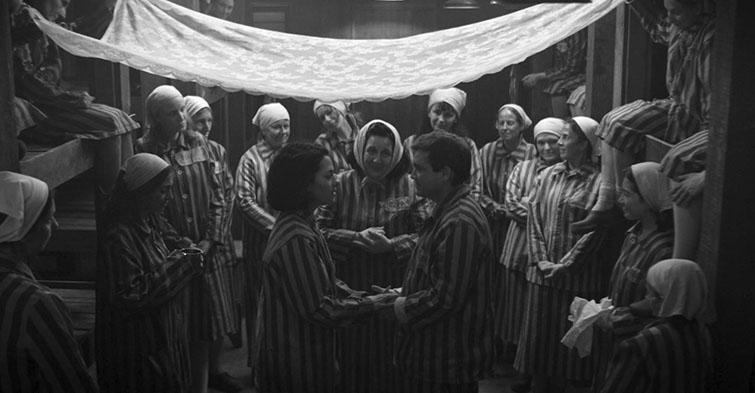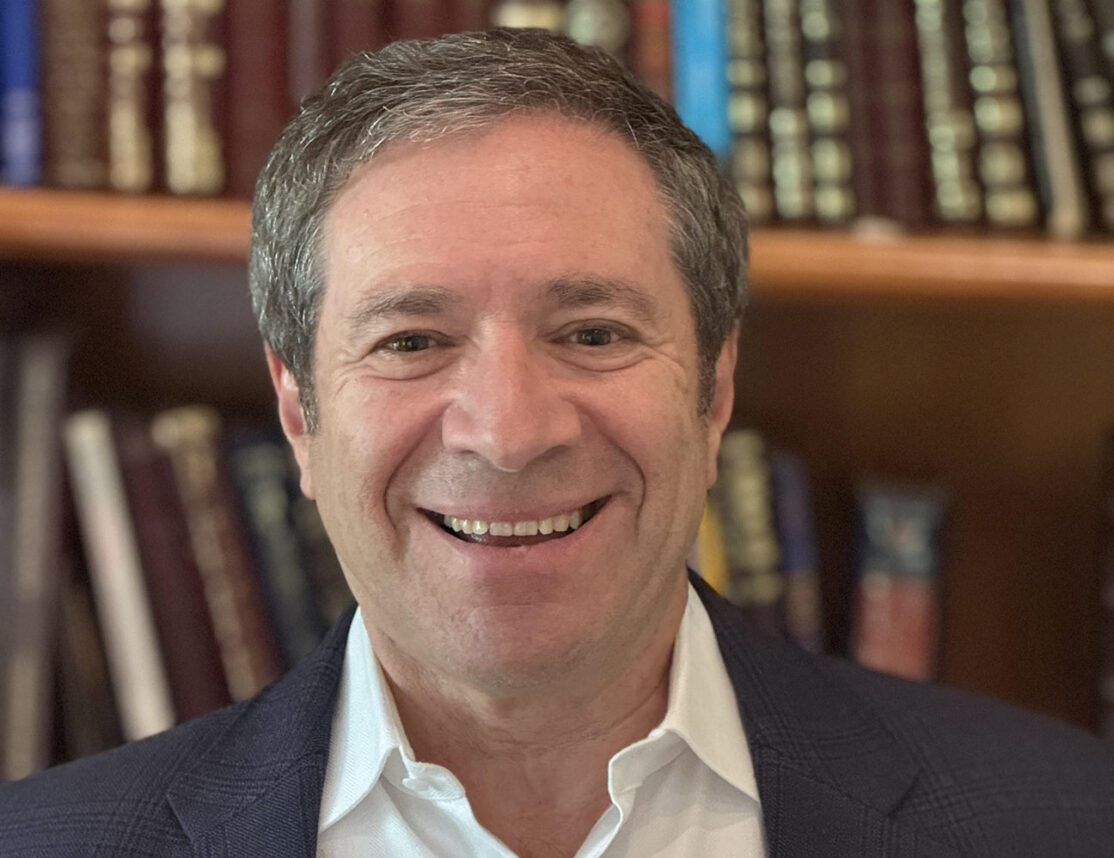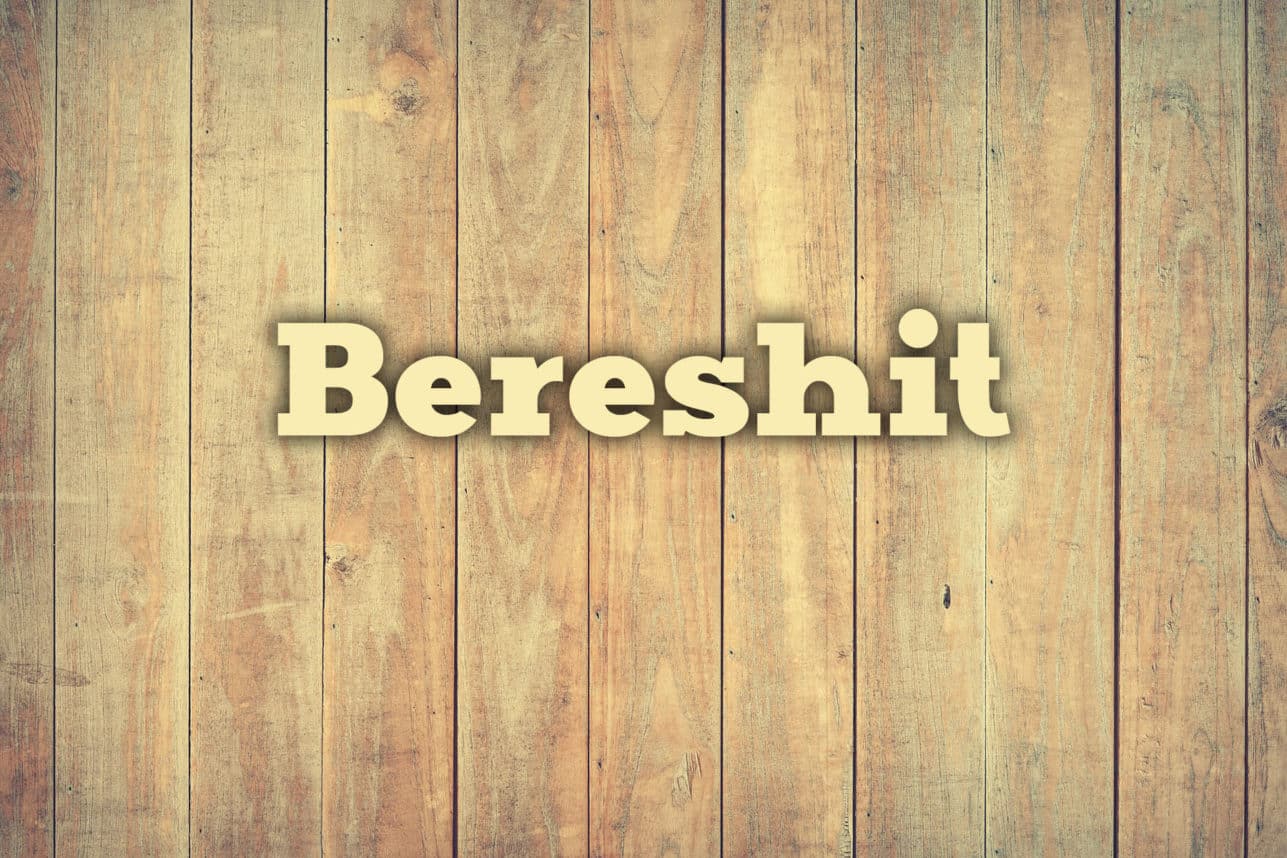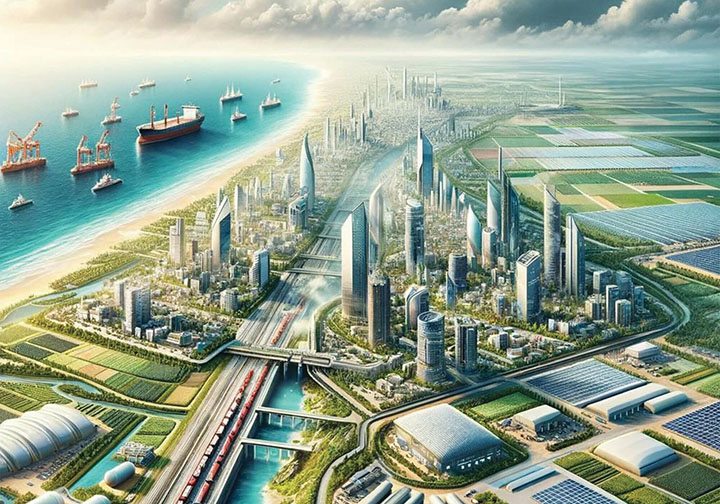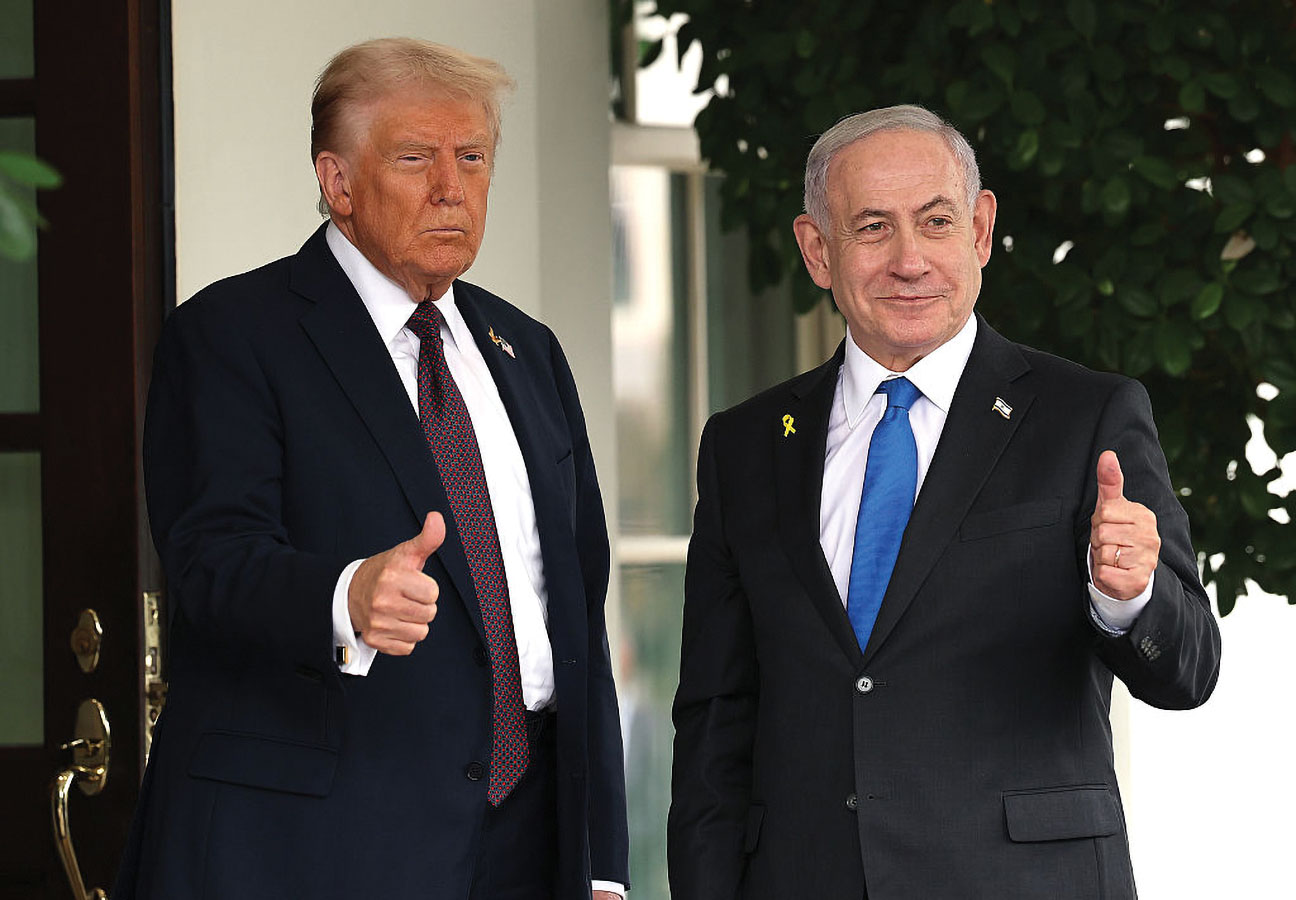
It’s quite easy to say why the Trump plan for peace in the Middle East is unlikely to work. Just pick your seasonal poison: a rejection by Hamas, an intervention by Iran, an endless debate about the many fine details that remain unclear, a collapse of Israel’s government, a terrorist attack. Pick your poison and we’d say “been there, done that.” Peace in the Middle East is the wave of the future and always will be.
It’s also quite easy to explain what Trump achieved this week – a remarkable feat. He put a full package on the table, with enough details for it to be a road map for advancement. He made Israel accept it. He assembled a large group of Arab and Muslim leaders who support the plan. He made it almost impossible for Hamas to say no and get away with it. If – indeed – Trump has the support of Qatar and Turkey, Hamas can’t say no and get away with it.
It’s not that easy to predict where this package takes us. The plan has at least three main themes. The first theme is “ending the war.” That’s a short term plan. A certain Israeli withdrawal. A release of hostages, and aid pouring in. An establishment of an interim body to handle Gaza. The elimination of Hamas as an armed power. If Trump achieves merely this – that should be enough for him to get the coveted Nobel. Ending a cruel and long war is not a small thing.
The second theme is “regional peace.” If the war ends, the Saudis and the Israelis can move forward with their anticipated thaw of relations. Israel and Turkey can gradually repair their thorny relations. A regional equilibrium could emerge, with Iran pushed to the sidelines. Commerce, investment, development, tourism – all these Trump favorites could materialize.
The first and second themes are those that Israel accepts without much hesitation. Alas, there’s a third theme on which a lot depends. That’s the theme that is captured in this one sentence at the very end of the plan: “a credible pathway to Palestinian self-determination and statehood.” Can Netanyahu persuade his supporters to accept Palestinian Authority rule in Gaza? This is where the Israeli debate begins. Trump and his advisers imagine the possibility of a PA that reforms, modernizes and takes responsibility. Netanyahu and many of his supporters imagine something else: a PA that fails to reform, remains corrupt, cannot be trusted.
The plan’s first theme is challenged mostly by questions of practicality. Will Hamas say yes, can it deliver the hostages, would it let a technocratic government form and rule, would Israel withdraw, could the new governing body maintain security. The plan’s third theme is mostly about symbolism. For now, it is no more than a vision for a future. It is no more than a vision that time and again failed to materialize. And yet – it forces the most right-wing government in Israel’s history to sign off on what it vehemently opposes: a process whose stated goal is “a credible pathway” to Palestinian “statehood.”
Netanyahu knows this. His coalition knows this. His rivals know this. The public knows this. And Trump knows this. The plan is designed not only to end a war but to force a choice. Will Israel accept the PA in Gaza, signaling some willingness to revive the Palestinian great cause?
Consider the politics. Netanyahu has spent years persuading his base that the PA is an enemy, that Mahmoud Abbas is no partner, that the two-state solution is a trap. His voters believe him. They will not welcome a reversal. They will not want to see the PA reenter Gaza with Israel’s consent. And yet, the same Netanyahu has spent years persuading them that only he can manage relations with Washington, that only he can stand up to pressure without breaking ties. When Trump insists, Netanyahu must choose which of his promises to honor.
The Israeli public is split. Some see the PA as a lesser evil compared to Hamas. Some see it as no different. Some care more about the world’s opinion, others less. What unites them is the fatigue of war. Most Israelis want quiet. They want an end. They want to believe that someone has a plan. Trump says he has one. Netanyahu says he accepts it. And what of the Palestinians? For now, they are not the central actors in this drama. Netanyahu thrives on delay. Their promised land is something he can accept with a wink. There’s money on the table. Take the money and run.
The Israeli public is split. Some see the PA as a lesser evil compared to Hamas. Some see it as no different. Some care more about the world’s opinion, others less. What unites them is the fatigue of war.
There are good reasons to follow such a path. The risk of not taking it is real: What do Israelis fear more, the PA’s possible future return, or the world’s rejection? What is more dangerous for them: the symbolism of “credible path,” or an immediate international isolation? Netanyahu made his choice. It could lead to an end of the war. It could lead to more war, backed by the U.S., if Hamas equivocates. Ironically (and here great skepticism is due), it could also make Netanyahu the Israeli who paved a new path for the one thing he dedicated his career to prevent.
Something I wrote in Hebrew
The routine Israeli sneer as events in the U.N. were unfolding (blame Israel, recognize Palestine etc), and as Israel is becoming internationally isolated, prompted me to remind Israelis that … well:
Israelis responded to the diplomatic siege in two ways: by blaming the government, or by blaming the world. Both attributions of blame have merit. The world is guilty of hypocrisy. The government is guilty of failed management of Israel’s relations with the world. But there is a difference. Blaming the world is no more than a statement. Blaming the government is a call for a change of policy. The world is not likely to change when Israelis cry foul. Israel can.
A week’s numbers
You can’t behave like France does and be counted as a “friend.” JPPI numbers – September 2024 to 2025.

A reader’s response
Nathan Nussbaum asks: “What did you think about Bibi’s UN speech?” My response: That Barak Obama was a great orator, and Harry Truman was not. That good speeches rarely change a reality.
Shmuel Rosner is senior political editor. For more analysis of Israeli and international politics, visit Rosner’s Domain at jewishjournal.com/rosnersdomain.









